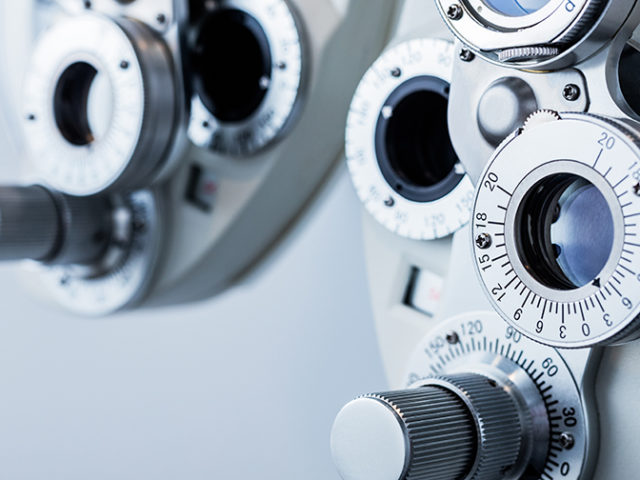Scientists from Heriot-Watt University, alongside partners at the University of Edinburgh and a European consortium led by German research institute FTK , have launched one of the most comprehensive studies to date into how digital technologies impact on young people’s health.
Focusing on adolescents aged 10–24 years, the research will examine how our rapidly changing society has created additional digital stressors. As the digitalisation of information continues at pace, accelerated by the pandemic, the 24/7 information overload has adversely impacted some members of society.
The €6 million project is funded by Horizon Europe with just under €1 million of the total funding supporting the UK research partners. Similar pilot studies will take place in Germany, Italy, Spain, Slovenia, Cyprus, and Poland using the same approach. It’s anticipated the new research will help practitioners and individuals to better monitor and manage emotional well-being in young people.
Experts from psychology and engineering specialties will work alongside clinicians and gaming experts, to develop ways to measure the impact of both direct and indirect stressors. These include 24/7 news cycles, world events, social media, and cyberbullying. The team will use gamification techniques to explore ways to help practitioners and individuals to process these stressors and manage their well-being.
Dr Mel McKendrick from Heriot-Watt University explains: “Digital transformation has been heralded as one of the greatest achievements of recent times but as psychologists, clinicians, parents, and individuals, we’re still exploring its impact. This study will examine stress from digitalisation, looking at it from the user’s perspective to better understand changes in mental state, treatment, and self-management. It is difficult for clinicians to monitor fluctuations in mental health and therefore accurately diagnose conditions in some cases. Meanwhile, services are at breaking point. We want to create innovative methods using gamification to better inform ways to support young people living in Scotland initially before helping to shape wider work across the UK.”
Dr Theodore Lim from Heriot-Watt University continues: “This collaboration between psychology and engineering will use gamification such as a mobile app game to capture neurological sequences in young people. How they play the game will inform us about their mental well-being and can track their response over time to deliver trends and patterns. The data will be fed into a hub with an AI to analyse it. Clinical and user input will be essential throughout the study to improve the game and identify the correct classifiers.”
Ensuring young people are engaged in the game and that participation is positive will be essential requirements of the study’s success so the team will build it using focus groups and discussions with young people and social networks. The clinical team will work with schools and universities to help involve children on a voluntary basis.
Results will be released as an open knowledge database for clinicians and researchers to feedback on and analyse.
The Heriot-Watt team will work with gaming company, Neuromedia and clinicians from the University of Edinburgh with the findings initially informing approaches in Scotland before widening out the study’s impact to the rest of the UK.
Heriot-Watt University is creating a global institute for excellence in health and care research engineering to accelerate the adoption of new technologies. The university already has world-leading research facilities in robotics and AI in the form of the National Robotarium, in earth and marine geosciences through the Lyell Centre and in medical device manufacture and development with the Medical Device Manufacturing Centre (MDMC).
Professor Steve McLaughlin, Deputy Principal (Research and Impact) at Heriot-Watt University, said: “The development of this device demonstrates how our new centre of excellence will support the creation of ground-breaking technologies that have the potential to revolutionise patient care. Bringing together academics and industry experts, we want to accelerate the process of bringing these vital developments to market. We already have a number of research projects under way and the next 12 months are going to be a really exciting time as we showcase our developments on the global stage.”
Key staff from schools, colleges, or universities wishing to find out more about the study and how to get involved are invited to contact Dr Mel McKendrick via her email – M.McKendrick@hw.ac.uk
Anyone wishing to find out more about Heriot-Watt University’s plans to launch a new global research institute for health and care research should contact the business development team via GRID@hw.ac.uk




